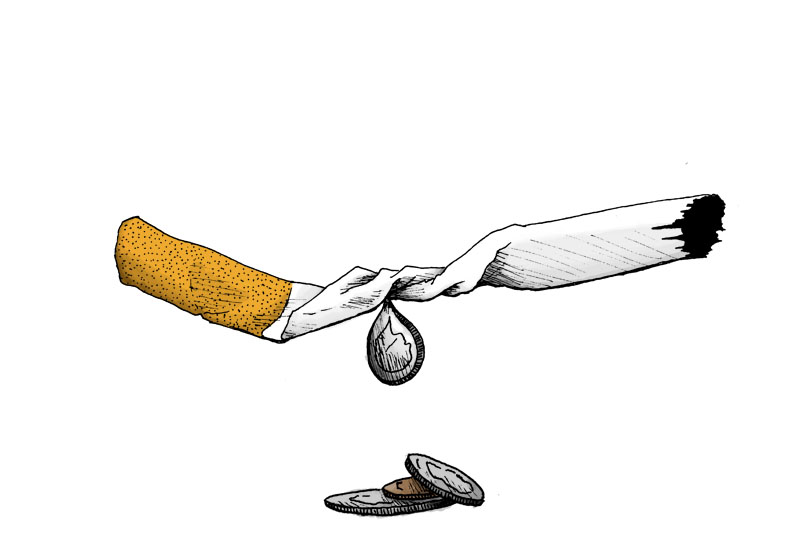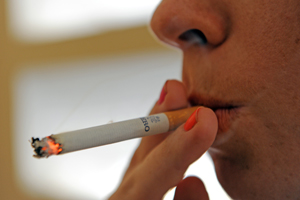
In line with the FIFA Event Policy for Tobacco and the World Health Organization’s recommendations for mega-sporting events, Qatar has banned smoking and vaping in stadiums during the FIFA football World Cup scheduled for Nov. 30–Dec. 18.
The ban on vaping appears redundant as Qatar already bans the import, sale and purchase of e-cigarettes. Violators risk fines of up to QAR10,000 ($2,747) or up to three months in prison.
Qatar plans to deploy 80 tobacco inspectors to support FIFA volunteers and security staff in enforcing the restrictions.
The country will be assigning a team of 80 tobacco inspectors to support security staff in enforcing the smoking restrictions during the World Cup.
“Qatar has been a frontrunner in tobacco control in the region,” said Kholoud Ateeq K M Al-Motawaa, head of noncommunicable disease for Qatar’s Ministry of Public Health, in a statement. “For the FIFA World Cup, tobacco control measures have been developed for inside and outside stadiums, especially in public places, while tobacco-free environments in fan zones will be rigorously enforced where supporters without tickets can watch games on large screens surrounded by smoke-free air.”
In an overview of World Cup restrictions prepared for American soccer fans, smokeless tobacco manufacturer Nicokick noted that, unlike e-cigarettes, nicotine pouches are legal in Qatar.






